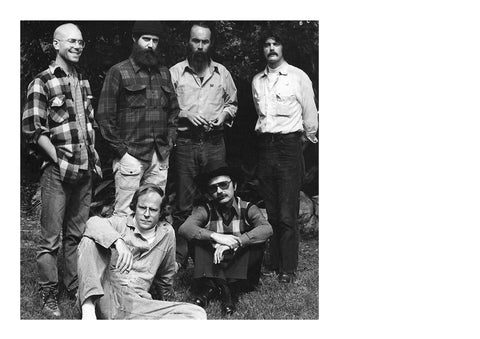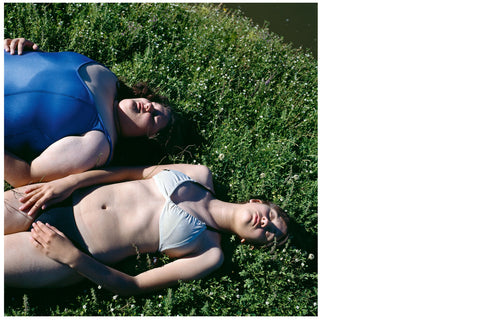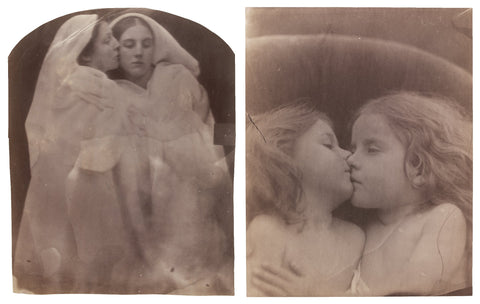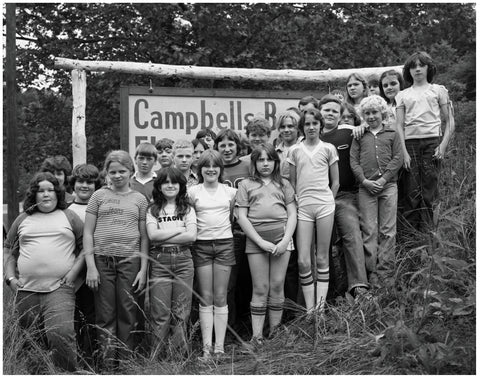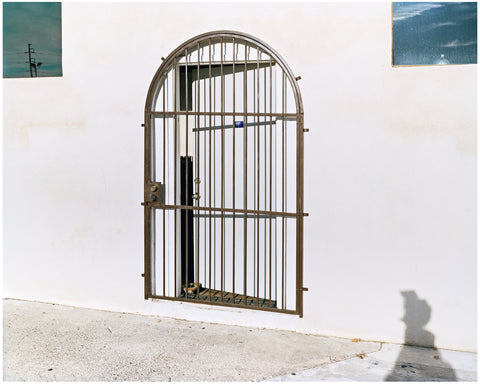Blog
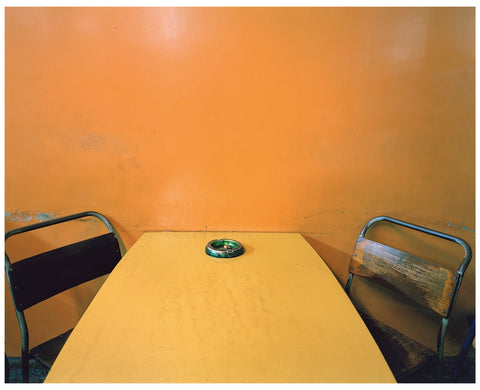
These photographs, now four decades old, seem clearly stained with a sentiment for the country, or at least the country-of-my-mind. Then again, aren’t they all countries of our minds? Isn’t that the issue here? The lands we ‘live in’, their meaning and narratives are mostly a web we spin, stories we tell ourselves of history, identity, heritage, ‘character’ — these are the cloth in which we wrap ourselves, to explain or justify entrenched attitudes and political viewpoints.
